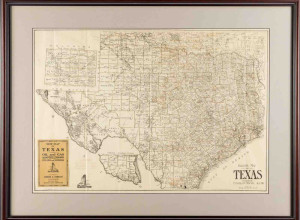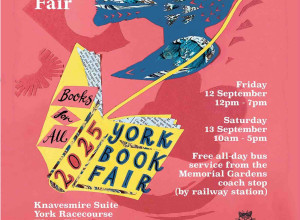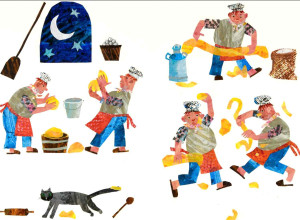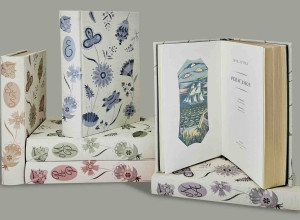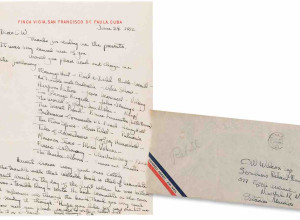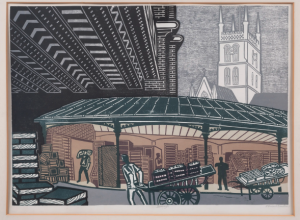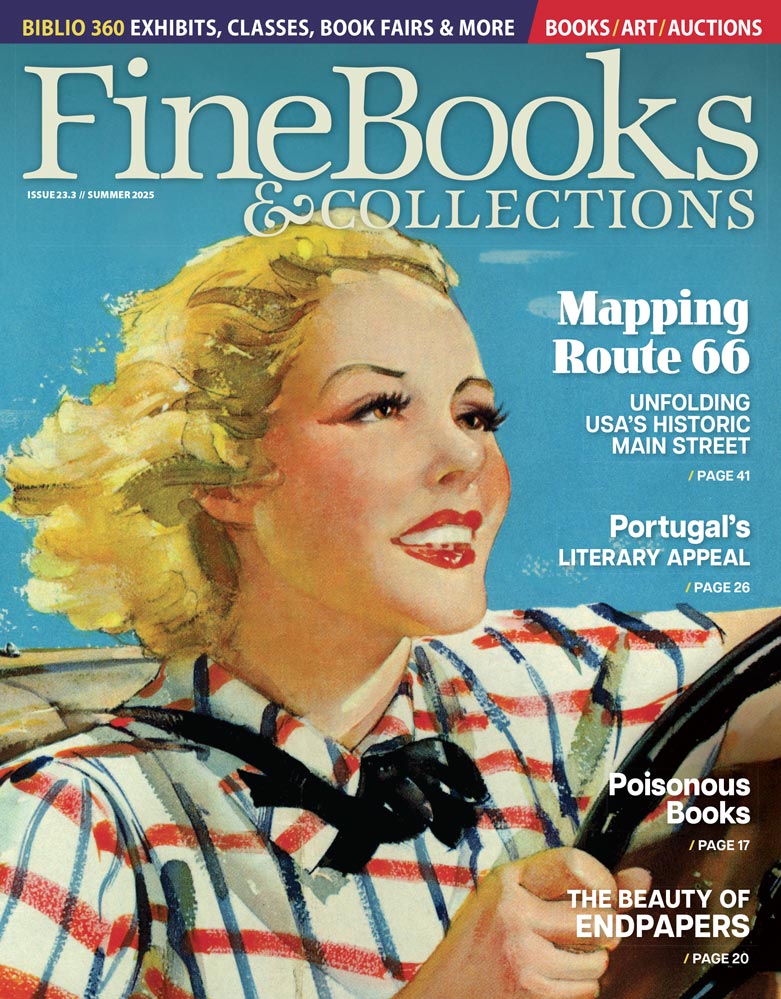The $500 second prize went to Anushmita Mohanty for her collection documenting the diversity of children's literature in India where Belgian comic character Tintin is a staple of many Indian childhoods. "Such transnational circulation reveals how Indian childhood reading is shaped by a mix of indigenous and global narratives, popular culture, and publishing histories," she said.
From picture books to novels, through English and Hindi and Bengali, Mohanty's collection of more than 200 titles traces the evolution of this vast literary landscape through the country's post-Independence history. Bringing together overlooked ephemera, work in regional languages, and the products of small presses, the collection offers an alternate history of Indian reading practices, rooted not in English-language publishing alone but in translingual, regional, and grassroots circulations.
Judges said they appreciated the blend of the personal, political, and historical, and could easily imagine the collection in a library.
Kaveh Bahar scooped the $250 third prize for his collection on death and attachment. Bahar, still a teenager, was inspired at the age of seven by the books and zines he found on his grandmother's shelves. Beyond books and ephemera, which date back to 1530, his collection includes funerary objects, hairwork jewelry, and even a Victorian mourning bodice. Judges commented on Bahar's "connection between the objects and the books, layers of meaning" and his impressive sourcing methods.
Previous winners of the David Ruggles Prize include Oscar Salguero, Jordan Dean Ross, and Ariana Valderrama.








